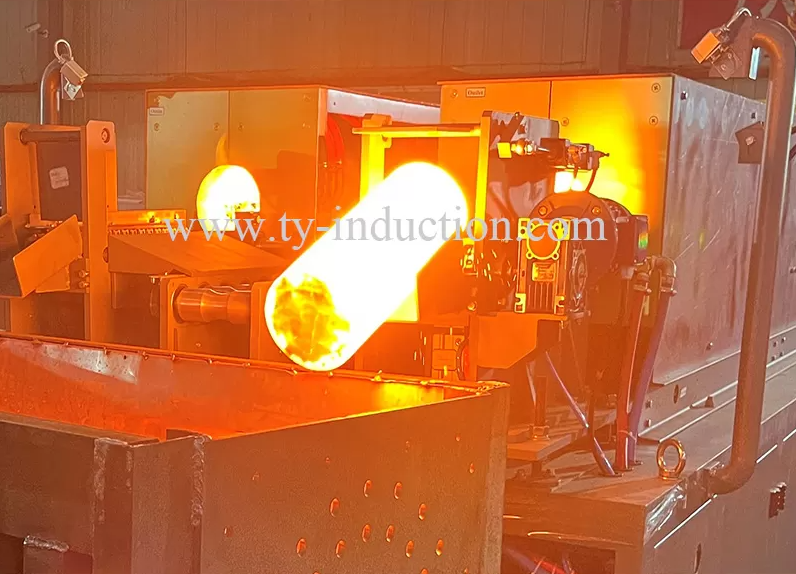What Are the Advantages of Induction Forging?
What Are the Advantages of Induction Forging?
Induction forging is increasingly becoming the preferred choice in various sectors of metallurgy, thanks to its numerous advantages. This method utilizes electromagnetic induction to heat metal, allowing for precise control over the heating process. Let’s delve into the benefits highlighted by industry experts.
Enhances Quality and Strength
According to John Smith, a metallurgical engineer with over 20 years of experience, induction forging significantly improves the quality and strength of the forged products. “The uniform heating provided by induction ensures that the metal reaches optimal temperatures, which results in superior mechanical properties,” he states. This means that components forged through this method are generally stronger and more reliable.
Increased Productivity
Dr. Emily Roe, a manufacturing specialist, points out that induction forging leads to improved production rates. “Unlike traditional heating methods, induction can heat materials much quicker and more efficiently,” she explains. This rapid heating not only reduces cycle times but also allows manufacturers to produce more parts in less time, ultimately leading to reduced operational costs.
Energy Efficiency
One of the major advantages of induction forging is its energy efficiency. According to a study conducted by the American Society of Metals, induction systems can operate at thermal efficiencies exceeding 90%. Frank Tanner, an energy consultant, emphasizes this point. “Induction heating saves on energy costs because it focuses heat directly on the metal rather than heating the entire surrounding area,” he notes. This translates to lower energy bills and a smaller carbon footprint for companies utilizing this technology.
Reduction of Material Waste
Expert Marc Anderson explains that precision heating in induction forging also leads to a substantial reduction in material waste. “With less energy spent on extraneous heating and optimized temperature control, there’s a minimized risk of overheating and melting,” he describes. This precision can lead to less scrap and, consequently, reduced costs for manufacturers.
Versatility in Manufacturing
Induction forging is versatile in handling various types of metals and shapes. As pointed out by Linda Zhao, a product engineer, “It can accommodate various alloys and is effective for producing complex geometries.” This versatility allows induction forging to serve a range of industries, from automotive to aerospace.
Conclusion
The advantages of induction forging cannot be understated. As John Smith, Dr. Emily Roe, Frank Tanner, and others have highlighted, the combination of increased quality, productivity, energy efficiency, reduced waste, and versatility presents a compelling case for adopting this technology in manufacturing settings. To learn more about induction forging, check out the advanced solutions offered by TY-induction.
For companies looking to invest in their manufacturing processes, Induction forging machines can be a significant step forward. Additionally, the  technology further consolidates this method's effectiveness, ensuring high-quality outputs with improved efficiency.
technology further consolidates this method's effectiveness, ensuring high-quality outputs with improved efficiency.
 technology further consolidates this method's effectiveness, ensuring high-quality outputs with improved efficiency.
technology further consolidates this method's effectiveness, ensuring high-quality outputs with improved efficiency. If you are interested in sending in a Guest Blogger Submission,welcome to write for us!



Comments
0